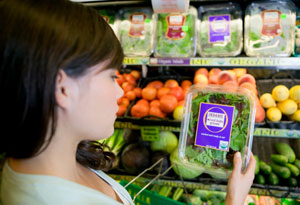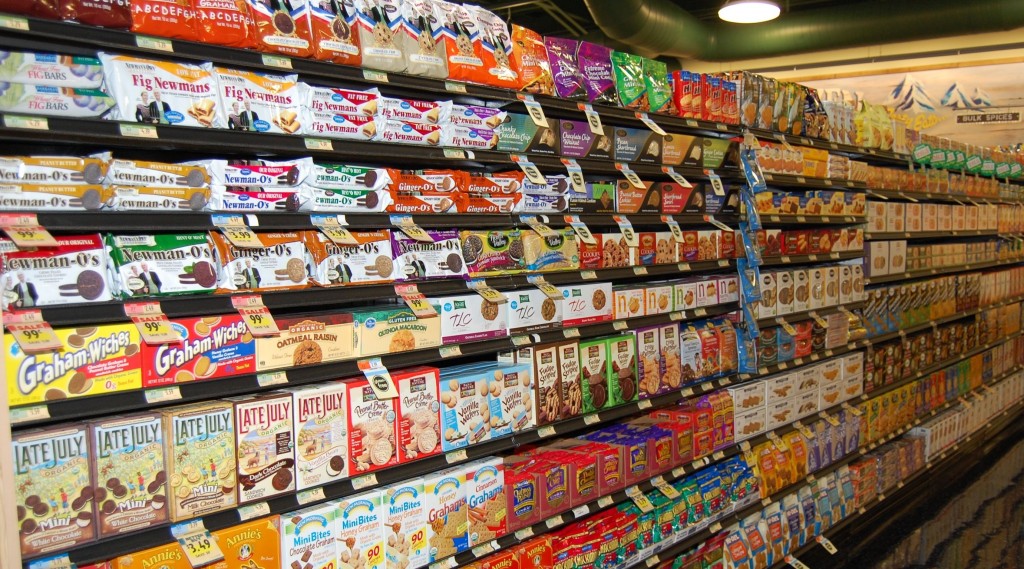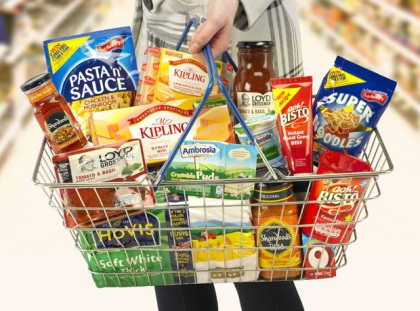Have you recently visited the profound ‘Kiranewala’ or the supermarket near your house? Did you notice that the traditional form of selling loose food, grocery, vegetables and even the natural juices are being sold out in different brands? The label is lucrative, for sure, but in discussing the natural label few have remarked on what’s really at stake. The pressure of industrialized food branding has affected the consumer as well as the corporate.
Many of the major multinational corporate conglomerates dominate conventional supermarkets and also own many of the natural food brands we love. If you take a look at some of the favorite organic and natural food brands, you’ll see they’re owned by some of the largest conventional companies in the world.
Buying ingredients instead of “products” is the best way to a truly healthy meal. But off late, for various reasons, we have cut corners and have been buying branded ready-to-make products; maybe boxed cereal instead of making our own, pasta sauce from a jar, frozen vegetables, and so on. There was a time when these packaged food that telegraphed bargain basement and low quality were a last resort for consumers on tight budgets. Today, they are the stars of grocery store shelves and refrigerated cases.
Brands have now become a choice for the consumers. It seems that there’s push and pull factors from both the retailers and the consumers. There is really widespread acceptance of store brands among consumers. Spurred on by the success and acceptance by the consumers, supermarkets have widened the scope to include more niche categories.
Moreover, many food companies have been marketing functional foods with health-promoting or wellness-maintaining properties that are perfectly legal, provided that they are backed up by some credible science. These signs show that the corporate takeover has revolutionized the food industry at its best.
– Tanvi Shah






0 Comments